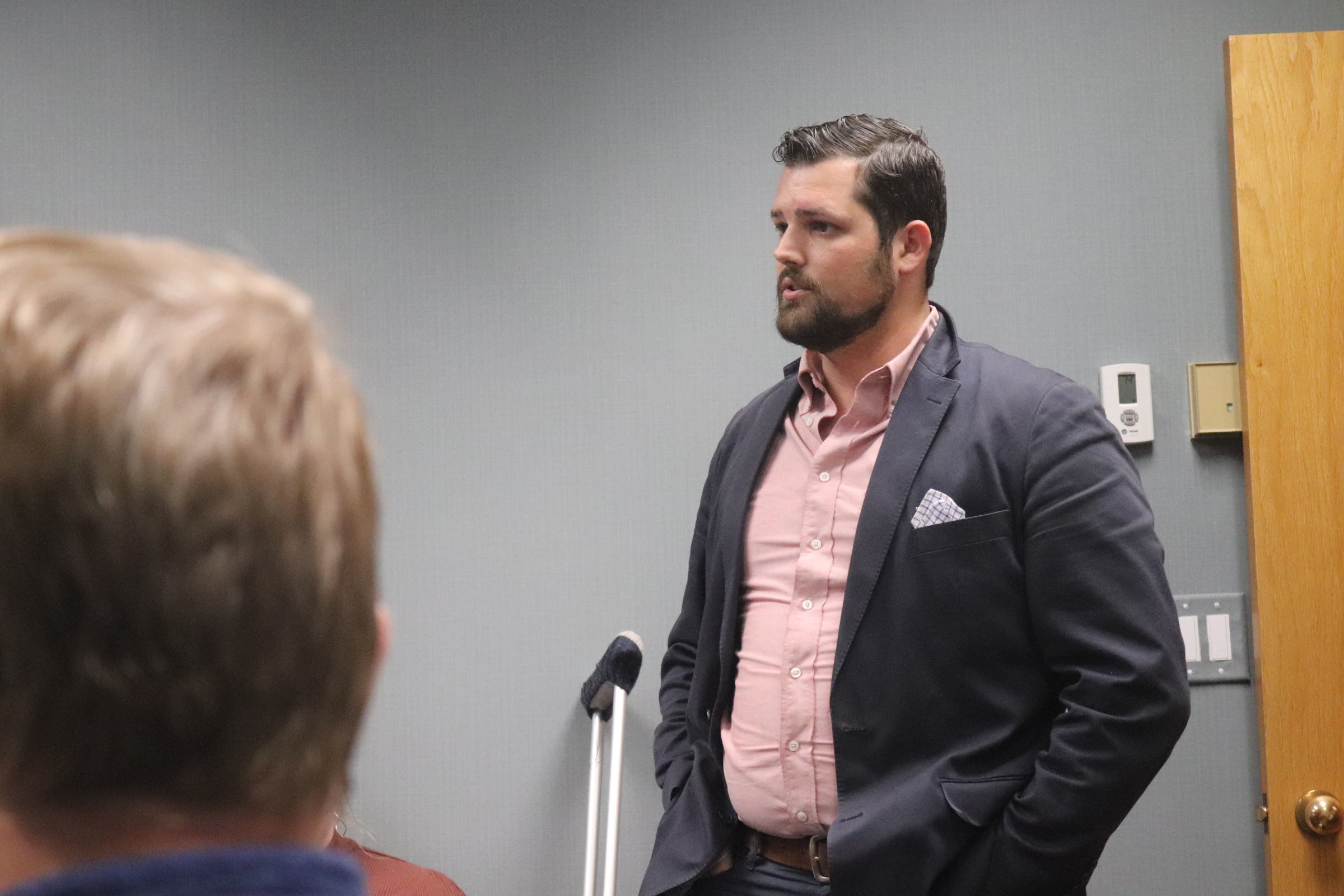
ST. GEORGE — If passed, a bill currently making its way through the Legislature would make it easier for mobile, truck-based businesses to operate in Utah.

Sponsored by Rep. Robert Spendlove, R-Sandy, the mobile business licensing amendments bill, officially designated HB 408 in the 2023 Utah Legislature, takes legislation applied to food trucks in 2017 and extends it to other truck-based businesses. The bill also adds clarity regarding food trucks and similar ventures the 2017 legislation lacked.
If the bill passes, mobile businesses – such as a mobile barber shop, clothing store or book vendor for example – will only be required to get a business license in their municipality of county of origin and only be subject to inspections and regulations related to the product or service they offer.
In other words, the mobile business would not be required to get a new business license or be subject to a different set of rules as it crosses from one city to another. The bill also clarifies how a city may regulate mobile businesses.
“This is a business-friendly bill that gets government out of the way,” Rep. Walt Brooks, R-St. George, told St. George News during a call on Thursday.
Brooks was a part of the unanimous vote made by the House Business and Labor Committee on Feb. 13 to move HB 408 to the House floor with a favorable recommendation. The bill was heard on the House floor a few days later and passed with a unanimous vote there as well.
The bill went to the Senate Business and Labor Committee next where it was heard Wednesday and passed out of committee with yet another unanimous, favorable vote.

The bill now moves to the Senate floor.
In addition to providing mobile businesses with business license reciprocity from place to place in the state, the bill clarifies previous language that put food trucks, ice cream trucks, food carts and “enclosed mobile businesses” under the same umbrella by making them their own, independent definitions in state law.
Having an independent definition means these businesses are no longer subject to identical regulations as they would be under a single, all-encompassing term.
Speaking in support of the bill during the House and Senate committee hearings was St. George resident Zac Stucki.
“It makes the lives of all parties easier,” Stucki said, adding his own plans to create a mobile barber shop had been frustrated in the past due to a “lack of framework” that HB 408 will provide.
Stucki has had plans in the works to create what he’s called the “Cut Truck” since 2020. He put the business plan together to run a mobile barber shop with his wife, a licensed hairdresser, who would be the one to provide haircuts. His plans hit a roadblock in 2021 when he approached the city of St. George for a business license that subsequently was denied.
The reason for the denial was due to the proposed business not being expressly defined as an allowable use under city code.
Stucki has since worked with the city to get it to revise its code to cater to mobile businesses.
While this endeavor has led to the city of St. George adopting its own mobile business concordance, Stucki said he’s happy to see HB 408 gain as much traction as it has.

“I’m very pleased with the progress,” Stucki told St. George News on Thursday, adding “it makes sense” and that “the current situation is nonsensical.”
In the past, bills like HB 408 have drawn opposition from municipal and county officials as they remove a part of a jurisdiction’s ability to regulate business or some other matter locally. However, no opposition has surfaced against HB 408.
Both Stucki and Brooks noted this development and said the lack of pushback is likely due to a recognition that facets of the market are changing in favor of mobile business ventures.
Rep. Norman Thurston, R-Provo, said during the Feb. 13 House committee hearing this bill was a “huge step in the right direction,” yet also anticipates seeing the subject would cycle back through the Legislature in the future in order to address any new kinks that pop up as mobile businesses become more established.
Check out all of St. George News’ coverage of the 2023 Utah Legislature here.
Copyright St. George News, SaintGeorgeUtah.com LLC, 2023, all rights reserved.